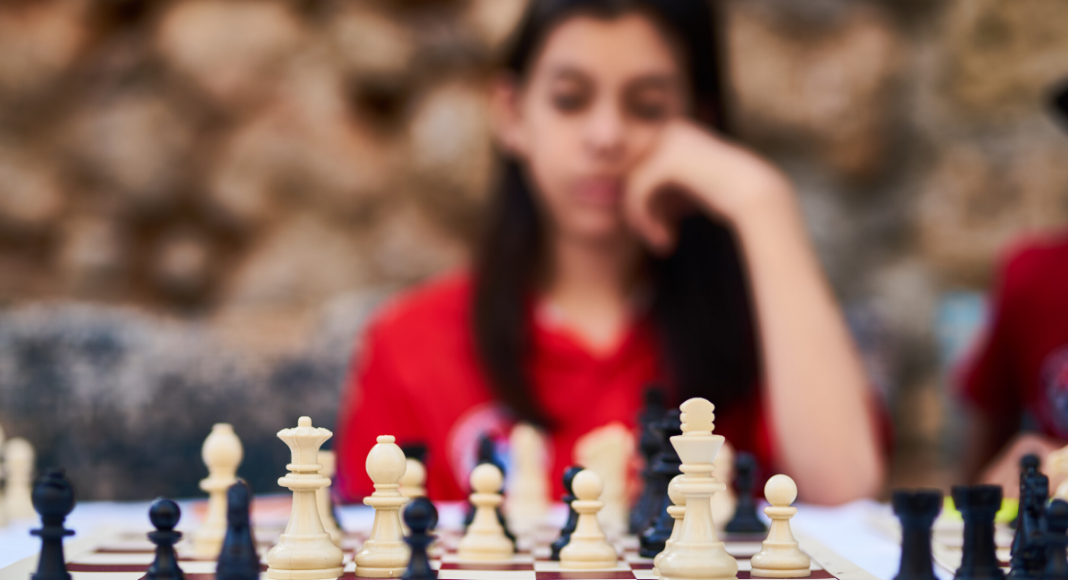Since they were little, whenever my kids head out to a playdate, skating party, sleepover, and now, to real dates, I say the same thing:
“Be kind to others! Make good choices!”
I have said it so many times that it’s now a joke among my adolescent children. As they grow into the more and more complicated ages nearing adulthood, I realize that I may have oversimplified a little. Making good choices is a challenging, sometimes tricky, skill that must be learned like any other life skill.
I don’t know about you, but I have found that the most difficult choices as a parent are those I have to make between two perfectly good options. Will the kid join the volleyball team or the tennis team when he loves both? Do we go on an amazing vacation or do we stay home to enjoy the rest and relaxation we desperately need? Do we send the kid to this fancy camp or that fancy camp?
The decisions are endless, and while I have made many of them as their parent, very soon my children will be on their own, making all the important choices for themselves. Already as teens, they face hard decisions about which activities will fill their limited free time, which classes to take now to reach their educational goals later, and life-altering decisions about how to pay for college, where to live, and which careers to pursue.
How do we equip our children to be thoughtful, confident, even fearless decision makers?

Reveal your thought process. I am a list maker at heart, so when I have a decision to make, I write down all of the pros and cons, options, alternatives, tasks, questions I need to think about. Whatever your thought process is, let your children see you doing it. Like any skill, kids imitate what they see. Modeling is key.
Let them practice. As soon as they were able, I had my kids do the same things I do – research, pro-con lists, questions. Of course, it would be easier to do it myself. It would be even easier to just leave them to their own decisions and make them choose. But my goal isn’t to just decide THIS ONE THING and move on. It’s to grow them into confident, independent decision-makers, which takes patience and practice from both of us.
Seek input from trusted advisors (other than you aka the parent). One of my children recently had a difficult time choosing classes for next year’s schedule. We had done our lists and been over them together several times. He was still unhappy about his choices, and my reassurance was not helping. So, I had him think of a couple of teachers who he trusts and ask their opinions. Their feedback set his mind at ease much more than anything I could say. Because I’m Mom, so what do I know?
Consider what’s the worst that can happen. This might seem like the opposite of what you want to do, but it can be surprisingly helpful when a decision is causing anxiety. Anxiety usually stems from worrying that we will make the wrong decision. Considering the worst actually sets my kids’ minds at ease when they realize that it will be ok even if they don’t choose well.
For example, my daughter is deciding between two summer camps she wants to attend that are happening the same week. If she chooses option A and it turns out to not be great, what’s the worst that can happen? She may not have the very best time ever, but she will also have at least some fun. She will miss out on the fun her friends have at the other camp, but she will get to do things they don’t. She will get to meet new people who might or might not become friends. She will have “wasted” a week of summer, but there will still be nine other weeks of summer to enjoy. Identifying exactly what they are worried about helps my kids see that even if their choice isn’t perfect, they can handle whatever happens.
Sit with the decision for a while. If all of the above fails, we just pick one. Then, without doing anything to move forward (no deposits paid, no forms signed, no flights booked), we just act as if that is what will happen. Pay attention to what happens next. Does this choice make you feel relieved or anxious? Are you excited or dreading it? Is it hard to wait for the next step, or are you thinking of ways to put off the next step? These gut reactions help my kids know if they are on the right track or if they should go the other direction.













I also tell my kids the same thing, almost daily!